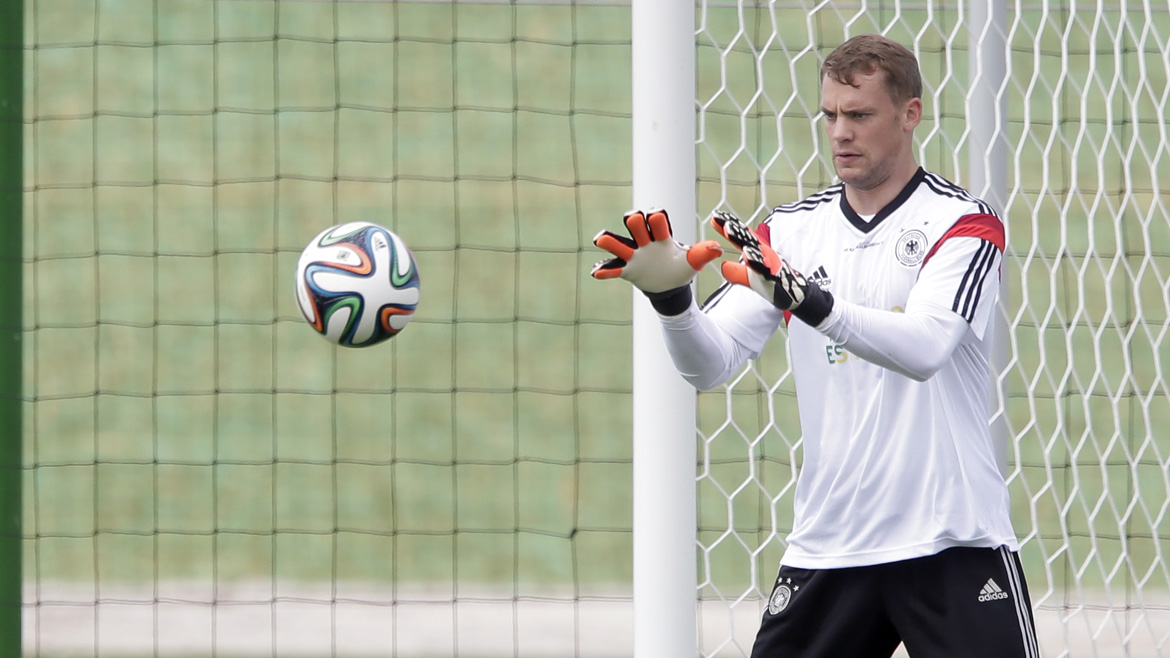
Por: Inside The World Cup
The ‘Nutella Curse’, the player who throws kebabs and the shirt of shame – gone are the days of Germany’s strict discipline
This article is part of the Guardian’s World Cup 2014 Experts’ Network, a cooperation between 32 of the best media organisations from the countries who have qualified for the finals in Brazil. theguardian.com is running previews from four countries each day in the run-up to the tournament kicking off on 12 June.
Manuel Neuer and Mesut Özil
The last survivors of the so-called “Nutella Curse”. For years, TV commercials for the popular chocolate spread used to feature German internationals, usually bright young hopes for the future. The only thing was that the players selected for this would with deadly certainty quickly vanish again thereafter from the scene. Neuer and Özil were exceptions. Nevertheless, the producer of the chocolate spread brought the series to an end. Perhaps not least because the young national players had become aware of the “curse”.
Max Kruse
Since it became apparent that Mario Gomez would miss out on Brazil due to injury, it seemed certain that the Borussia Mönchengladbach forward Max Kruse would be going to the World Cup – as not unimportant back-up for the nearly 36-year-old Miroslav Klose. Then, however, the debutant Kevin Volland was called up in Kruse’s place and no mention at all was made of the Gladbach man in the squad announcement. Supposedly the reason for this was that when the team was in London for the friendly against England at the end of 2013, Kruse had a lady visitor to his room and thus angered his morally strict national coach, Jogi Löw.
Kevin Grosskreutz
The Dortmund defender had other worries. He faced legal action, because he was said to have thrown a kebab into another man’s face at a snack bar. What was supposedly particularly nasty was that due to the extra hot chilli sauce the man’s eyes were said to have been burning for hours. Grosskreutz was exonerated by a taxi driver, who saw the supposed victim and said he had a smeared T-shirt but no reddened eyes. In contrast to the tabloid media, the national coach showed no interest in this incident.
Ilkay Gündogan
The Dortmund man would have been a certain candidate for the German World Cup team, but due to a mysterious back injury he has not been able to play any football for months. In desperation Gündogan recently underwent treatment from a specialist at a children’s hospital in Crimea, right in the midst of the Ukrainian civil unrest. He had been given the tip by his cousin, a player in the Turkish ladies national volleyball team. The therapy appears to have been successful and Gündogan is optimistic that he’ll be back next season. But not, sadly, for the World Cup.
The shirt
The German World Cup shirt may be deemed a clever marketing move, playing as it does in colour and form with the insignia of the most popular Brazilian club, Flamengo. In Germany itself, however, the shirt, which took two years to develop, has not been received so well – as can be seen from a Facebook group set up specifically about it called “Shirt Shame”.
